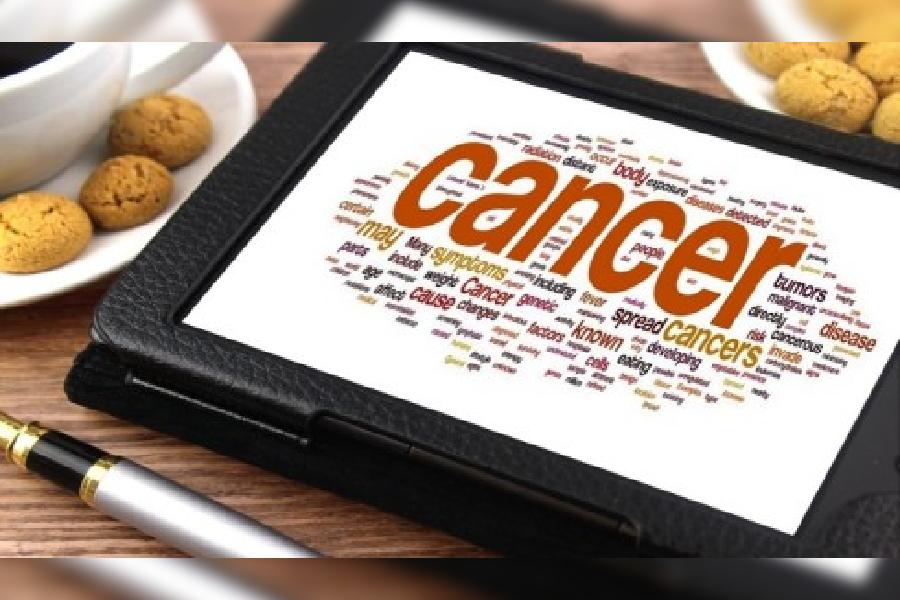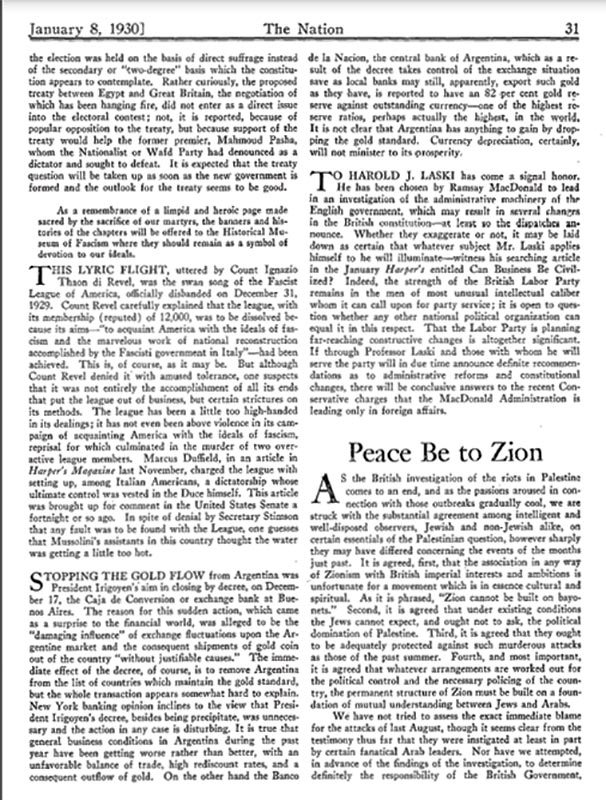Arakan Army treatment of Rohingya minority poses challenge to Myanmar opposition
2024.06.08
Evidence of Arakan Army culpability in mass arson attacks on Rohingya homes in western Myanmar's Buthidaung township – where satellite imagery has confirmed that more than 400 homes were burnt to the ground – poses a serious challenge to the anti-junta opposition.
While such attacks have ceased since the Arakan Army captured the majority Rohingya town, the rebels' double-speak both weakens the prospects of an inclusive federal democracy, and is very shortsighted for the ethnic army’s leadership.
As it is said, the truth is the first casualty in war, and so far here’s what we know happened: On May 18, the Arakan Army captured the last remaining four light infantry battalions and two border guard police camps in Buthidaung, following a multi-month siege. Immediately, over 400 homes in Rohingya residential neighborhoods were set ablaze.
There is a chance of course that some of the fires were set by the retreating junta military, who had waged a genocidal campaign against the Rohingya in 2017-18. The military seems determined to stoke inter-communal tensions as it retreats from northern Rakhine state, and “false flag” operations are part of the military’s modus operandi.
In a bizarre irony, the army has been conscripting Rohingya men into its depleted ranks to fight the Arakan Army, while at the same time, relying on radical groups, such as the Rohingya Solidarity Organization (RSO) and the Arakan Rohingya Solidarity Army (ARSA), operating in the refugee camps in Bangladesh to recruit fighters.
Despite the military’s own culpability in ethnic cleansing, they are trying to paint themselves as defenders of the Rohingya community, as the Arakan Army settles old scores. If the Arakan Army continues such attacks, they are making an alliance between the military and radical Rohingya groups including ARSA and the RSO, inevitable.

While this is not surprising, it is exceptionally short-sighted in its thinking and undermines the effort to defeat Myanmar’s military and establish a federal democracy.
This should not come as a surprise. The Arakan Army’s position on the Rohingya has been two faced. Its leader, Tun Mrat Naing, has a decade-long track record of referring to them as “Bengalis”, parroting the Myanmar military’s own term for the Rohingya.
The arson attacks have also increased tensions between the Arakan Army leadership and the National Unity Government (NUG).
Following the military coup in February 2021, the Arakan Army made a very important, if not surprising, statement in support of the NUG position that the Rohingya were a persecuted minority who were entitled to full citizenship, and that the one million refugees in Bangladesh should be repatriated.
More intransigent after military gains
But with military gains since the Three Brotherhood Alliance launched its offensive on October 27, 2023, the Arakan Army has become far more intransigent. Its leadership has signaled this change to their constituents, whether in social media or simply by greenlighting attacks by local units.
The Arakan Army’s military gains are significant. They now claim to have seized 180 military camps and taken full control of eight of Rakhine’s 17 townships. While they have not moved on the state capital of Sittwe or the Chinese special economic zone in Kyaukphyu, they are controlling the roads in and out of them.
Should the Arakan Army complete their capture of Maungdaw, they will have driven the military out of the entire northern region of Rakhine.
While the ethnic Rakhine army has stated their intention to liberate the entire state, for now they are trying to control the three main entry points into the northern part of the state in order to consolidate their power.
The military has scant deployments in southern Rakhine, meaning that the Arakan Army’s takeover of the entire state is not unthinkable.

The Arakan Army has proven itself to be amongst the most effective fighting forces among the ethnic armed organizations. Their battlefield advances have spread the military thin and not allowed the junta to redeploy troops to Kachin, Kayah or northern Shan states, where regime forces have suffered serious setbacks.
Likewise, in eastern Myanmar, though opposition forces had to give up the border town of Myawaddy, the military has not been able to regain full control of the key Asia Highway.
In short, military success has given the Arakan Army the opportunity to advance their short-term and parochial political interests at the expense of the national agenda to defeat the military.
The Arakan Army’s stated commitments to the anti junta opposition’s long-term political goals, as stated by the NUG, should always be taken with a grain of salt.
They are the only ethnic army that has flirted with independence, and their authoritarian leanings show they are hostile to democracy and any political system that would force them to share power.
Prejudice with huge implications
The United League of Arakan, the AA’s political arm, issued a statement on May 20 that denied any culpability for the Rohingya village torchings, apportioning the blame solely on the military. Its statements since then have been largely dismissive and continue to deny the attacks, while criticizing media reporting on civilian casualties.
But evidence of their culpability is mounting, underscoring the reality that the Arakan Army does not like the Rohingya population, nor does it want to see large-scale resettlement from Bangladesh. The Arakan Army’s politics capitalize on Rakhine Buddhist prejudice against the Muslim community.
The Arakan Army leadership is under intense pressure to renounce any violence towards the Rohingya. But the reality is that many of their troops were involved in the communal violence against them. This is simply a return to their default setting.
The Arakan Army’s position has larger implications.
While they might have moved on from the 2017 ethnic cleansing, the international community, including the United States, has not. Earmarked in the recent $121 million in U.S. support for Myanmar, are still funds to support the quest for accountability for abuses against Rohingya.
The continued persecution of the Rohingya will undermine future international aid and support for Myanmar’s opposition in general, and cyclone-ravaged Rakhine in particular.
What is so frustrating is that Arakan Army chief Tun Mrat Naing is arguably the most charismatic and competent of the ethnic army leaders in Myanmar.

Were he to better coordinate his efforts with the NUG and wholeheartedly endorse their political aims, he would be a commanding figure in a post-conflict Myanmar.
His parochialism augers poorly for a post-conflict Myanmar and puts the NUG in a very awkward position.
The NUG’s statement in response to the mid-May arson attacks was exceedingly diplomatic, never referencing the Arakan Army and largely pinning the blame on the junta military for stoking communal violence.
But behind the scenes the frustration is clearly mounting.
With such heavy strategic implications to this sectarianism, the Arakan Army has to get its priorities straight and prove themselves as responsible stakeholders.
Zachary Abuza is a professor at the National War College in Washington and an adjunct at Georgetown University. The views expressed here are his own and do not reflect the position of the U.S. Department of Defense, the National War College, Georgetown University or Radio Free Asia.














